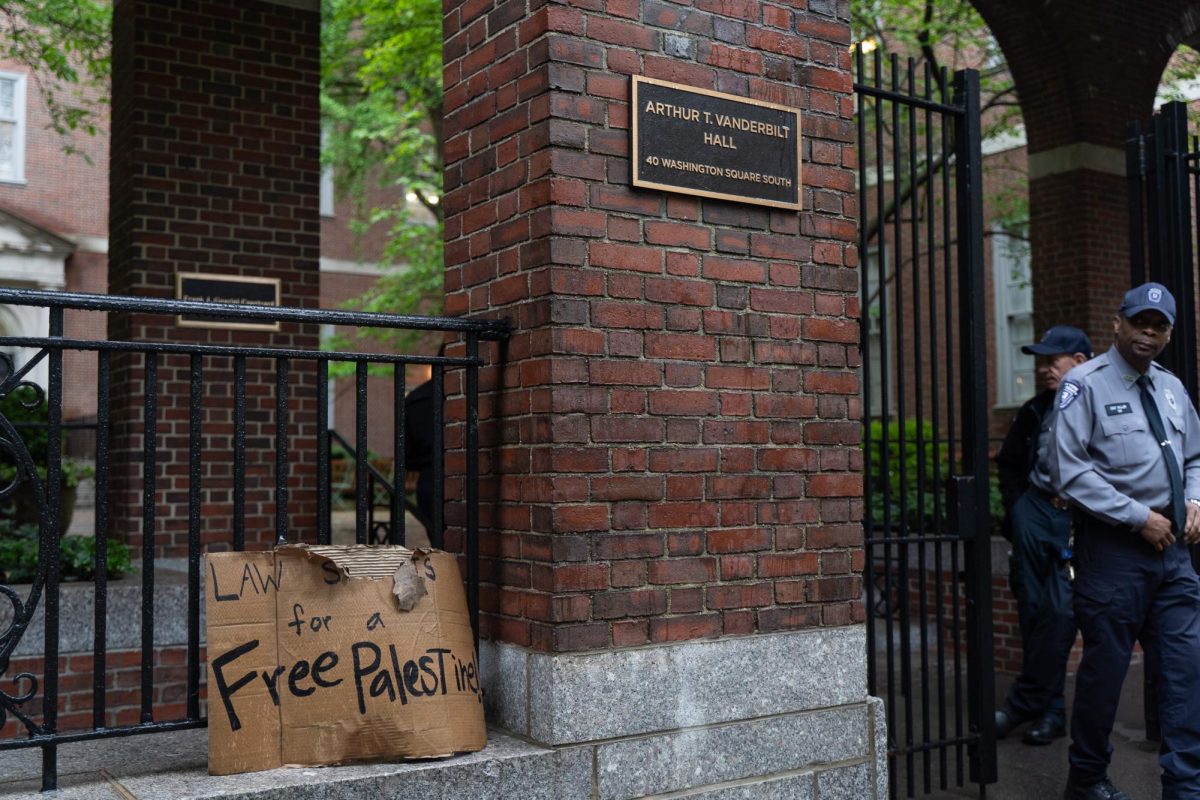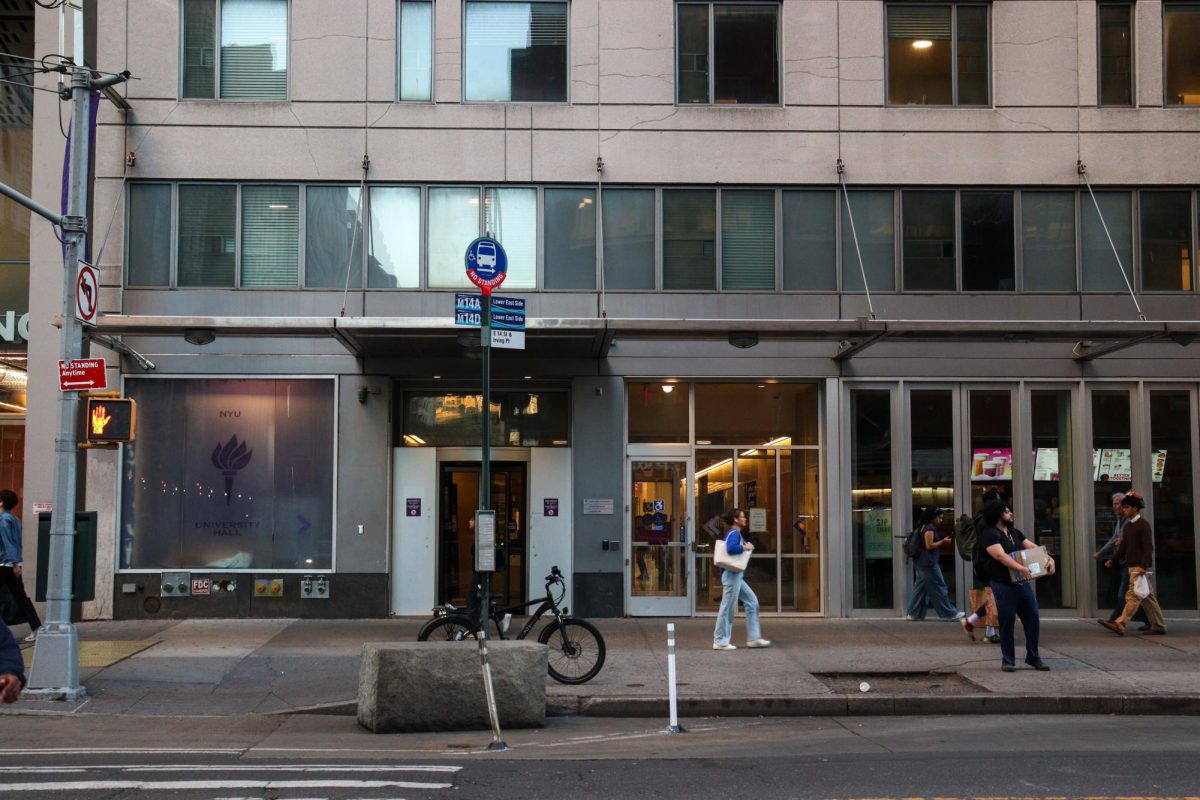Take a second and imagine leaving friends, family and the country in which you were raised in to travel to a foreign nation in pursuit of academic and personal excellence. You land in a new reality, and life is thrown upside down. You struggle with the language and try to make new friends while wondering how you are ever going to make it through your problems.
But things go well. You make plenty of friends, learn their habits and traditions, maybe find a significant other and begin to truly feel at home in this national entity that once felt so distant.
Four years go pass, and your hard work results in a diploma. You begin dreading the day that you will have to leave your home away from home. You would like to stay just a little longer, move somewhere new, get a job, and create a future.
But instead, you are told to leave. Suddenly there is no place for you in the country that once extended you a warm welcome.
The country I am refering to is the United States, and the story is that of thousands of foreign-born graduates of American universities that are forced to leave each year because of the policies that govern U.S. immigration visas.
Current laws cap the number of H-1B work visas that can be issued to foreigners at 85,000 annually — a seemingly generous amount that is still far short of demand. The annual quota for 2011 was exhausted in January, not even four weeks into the year. The 2012 quota was exhausted on in November 2011. And in June this year, the U.S. Citizenship and Immigration Services announced that the quota for 2013 had been met.
As a result, the United States forgoes a vast source of potential economic gain each year by effectively barring thousands of educated foreigners from staying in the U.S. after they graduate to work.
In a Wall Street Journal op-ed published last Wednesday titled “The Business Plan For American Revival,” Goldman Sachs’ CEO Lloyd Blankfein outlined strategies to overcome the economic challenges that await. One specific measure provided by the investment banker was the government’s failure to capitalize on foreign talent.
“Washington needs to make it easier for talented people to live and work in the U.S.,” Blankfein wrote. “Foreign students who graduate from American universities should be eligible to work in the U.S. permanently. The cap on visas for skilled workers should be removed.”
Blankfein’s words are important because Goldman Sachs is a phenomenal example. A crucial reason why the financial industry has its center in the United States and its world-class system of higher education. Excellence is born where great talent work side-by-side. Goldman Sachs, like many other large firms, primarily recruits based on talent and not national origin.
I therefore cherish Wall Street’s support for my roughly 700,000 foreign peers and myself, who are currently enrolled at American universities. I hope lawmakers will recognize our resilience, talents and desire to strengthen this country by creating our own futures as our European forefathers did centuries ago.
Anders Melin is a contributing writer. Email him at [email protected].





















































































































































